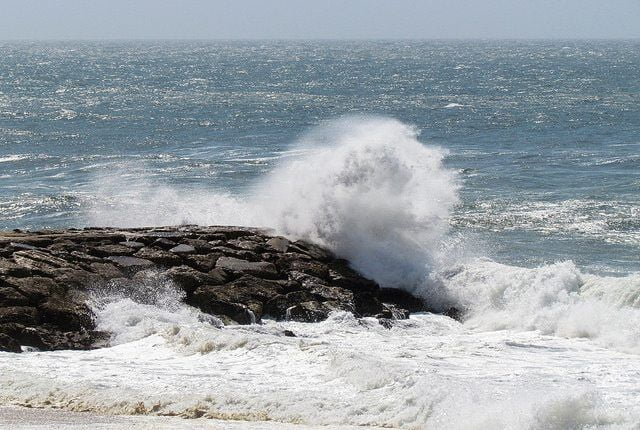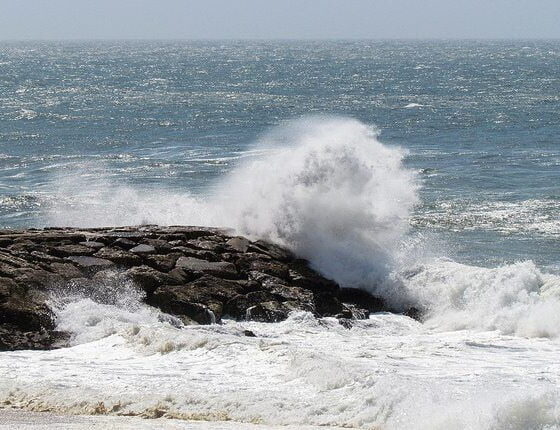

Economy
Scottish Sea’s Potential Conflict Needs to be Avoided Say Groups Calling For Action
Groups have said today that if sea-users and marine industries worked together to manage their competing demands as Scotland’s seas get busier, disputes over finite marine resources could be avoided.
The call by WWF Scotland and the Celtic Seas Partnership follows a report highlighting that as competition for space and resources in Scottish seas grows, so does the likelihood of conflict between stakeholders, with areas including the West of Scotland flagged as a potential future hotspot.
The groups have highlighted two UK examples where industry and local communities have been working together and reaping the benefits. They include:
– The Shetland Islands’ Marine Spatial Plan: An initiative bringing together fishermen, environmental bodies, heritage groups and planners to develop agreed guidance for the use and management of the seas around Shetland;
– Fishing for Data: An initiative to develop a strategy to empower the fishing industry to collect data from commercial fishing vessels to improve the effectiveness of scientific assessments of the marine environment.
WWF Scotland director Lang Banks said:
“Scotland has always been fairly progressive when it comes to managing the important shared resource that are our seas. However, with studies suggesting that Scotland’s marine resources will come under ever increasing pressure over the coming years, it’s important that we take steps now to address the challenges we might face.
“Thanks to some innovative collaborative approaches already happening here, we strongly believe that it will be possible to avoid a rise in conflict between sea-users even as competition for space and resources in Scottish seas grows.”
Dr Jenny Oates, Celtic Seas Partnership project manager, said:
“Scottish waters are set to face increasing demands for space. With a balanced approach to managing our seas, taking into account the environment and the well-being of our communities, these waters can be a huge asset to the Scottish economy.
“The Scottish Government has gone some way to addressing this by producing the first ever National Marine Plan. This envisaged a whole network of 11 regional marine plans around Scotland.
“However, so far the only operational regional marine planning partnerships are in Shetland and the Clyde. The Shetland Islands Marine Spatial Plan was designated as a pilot area, and the Scottish Government has confirmed it intends to use it to develop regional marine planning partnerships around the rest of Scotland’s coast.”
Shetland fisherman Simon Collins, from the Shetland Fisherman’s Association said:
“While conflicting demands for sea space are probably inevitable, conflict is not. We’ve found in Shetland that sensible outcomes can be reached when there is a clear understanding of the local community’s economic and cultural foundations, sound science and a genuine willingness to talk. Crucially, the Advisory Group overseeing the Plan’s development has always proceeded by consensus – never a vote. The sea is too important to us to be left to ideological or partisan squabbling.”


 Environment12 months ago
Environment12 months agoAre Polymer Banknotes: an Eco-Friendly Trend or a Groundswell?

 Features11 months ago
Features11 months agoEco-Friendly Cryptocurrencies: Sustainable Investment Choices

 Features12 months ago
Features12 months agoEco-Friendly Crypto Traders Must Find the Right Exchange

 Energy11 months ago
Energy11 months agoThe Growing Role of Solar Panels in Ireland’s Energy Future




























